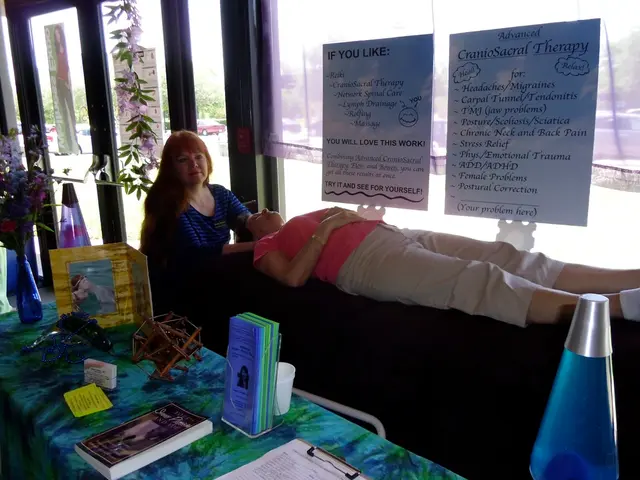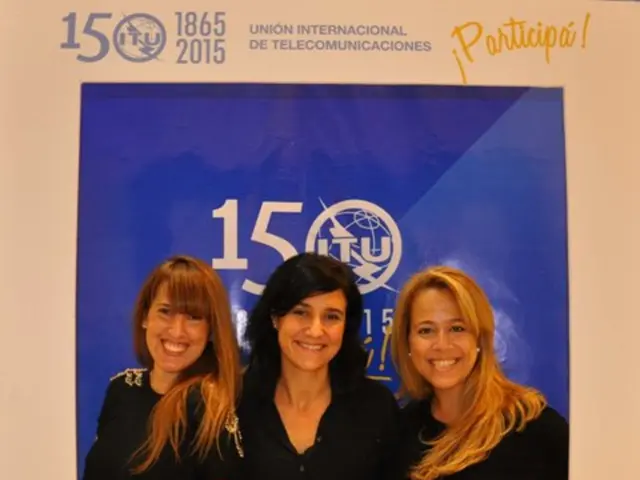A Significant Number of Americans Contemplate Taking a Career Break in the Year 2025 (Referred to as Micro-Retirement)
Going small is the new big trend, and it's all about micro-living! From micro-breaks to micro-chillers, we've been embracing mini-activities to keep us focused and rejuvenated. The latest addition to this micro-movement is micro-retirement, a strategic career break that's gaining popularity among Gen Z. Disillusioned with the work scene and longing for more flexibility, high-performing employees are leaving their jobs in droves. Micro-retirement offers a refreshing alternative, allowing them to take a timeout from the daily grind and focus on their mental health.
The Micro-Retirement Fever Catches On
Once associated with the golden years, retirement is now morphing into a modern version: micro-retirement. Instead of waiting for retirement to travel the world, today's youth are taking mini-career breaks between jobs to escape burnout and reset their work-life balance. This decision by Gen Z is commendable, as they're shattering the misconception that hard work always means burnout and that work-life balance isn't important for mental health.
According to my piece for Forbes.com, these micro-breaks do more than just refresh our minds. Science-backed studies prove that simple acts like self-care, taken in short, quick doses, can prevent burnout and keep careers thriving. Additionally, taking small micro-breaks during the day can counteract fatigue, boost well-being and keep stress at bay.
The 5 Fundamentals of Micro-Retiring
A study by SideHustles.com reveals that 54% of workers believe micro-retirement helps prevent burnout and boost well-being. One in ten plans to take a career break or micro-retirement in 2025. To truly understand the micro-retirement concept, consider the five crucial aspects:
1. Purpose
A micro-retirement isn't about escaping a soul-sucking job or a dream vacation. Instead, it has a clear purpose, such as recharging your batteries, learning a new language, or soul-searching about your career path.
2. Plan
Once you've defined your purpose, create a detailed plan outlining the specific actions you'll take to achieve it. For example, a friend of mine traveled to Costa Rica to learn Spanish during her micro-retirement. According to the SideHustles.com survey, the average micro-retiree would take approximately four months off.
3. Pay
To ensure financial stability during your break, savvy micro-retirees aim to save around $15,000. Most plan to rely on savings, while over 36% fund their mini-break with a side hustle or freelance work.
4. Pitch
Once your plan is solid, discuss it with your employer. You might need to negotiate the timeframe and details of your return. Whether you prefer to return to your current position or explore new opportunities, it's essential to have a conversation.
5. Ponder
After your micro-retirement, reflect upon your experience and contemplate your next steps. Are you ready to return to your current job, pursue a new opportunity, or continue your side hustle? Approximately 52% of study respondents intend to return to their current employer, while 13% plan to find a new job.
A Cautionary Note for Employers
Though micro-retirement sounds appealing, it's a red flag for many employers. Phil Willburn, VP of people analytics at Workday, explains that this trend represents broader issues in the workforce, such as burnout, disillusionment, and a desire for greater flexibility and purpose. In a competitive job market, micro-retirement becomes a form of empowerment for employees who feel undervalued.
To combat this trend, Willburn advises employers to focus on creating a culture of growth, investing in employee experience, and ensuring employees connect with the 'why' behind their work. By providing meaningful work, fostering a sense of accomplishment, promoting career growth, and instilling trust in the organization's leadership and strategy, employers can keep high-potential talent engaged and thriving.
There's one more caveat: tech professionals who take micro-retirements risk becoming irrelevant in their field. Paul Farnsworth, president of Dice, emphasizes the importance of staying current in your skills. Employers must address these challenges by going beyond superficial perks and focusing on what truly matters: meaningful work, growth, recognition, and trust.
The Bottom Line: Micro-Retirement Is a Must-Have for Employers!
Ed Huang, career expert at SideHustles.com, notes that micro-retirement is steadily gaining traction. What makes this trend particularly significant is that 75% of workers, especially millennials and Gen Z, want employers to offer structured options like unpaid sabbaticals or extended PTO. "With more than a third planning to fund their break through side hustles or freelance work, it's clear that people aren't waiting for workplace permission—they're carving out rest and personal growth on their own terms," says Huang.
For employers, that's a strong message: flexibility isn't just nice to have—it's becoming a necessity. Offering flexibility isn't just about keeping up with the Joneses—it's essential for maintaining employee well-being and productivity in the rapidly changing workforce landscape.
- Retirement is no longer confined to the older generation, as modern workers are embracing the concept of micro-retirement - short career breaks aimed at preventing burnout and maintaining work-life balance.
- Self-care and taking regular micro-breaks during workdays have been scientifically proven to counteract fatigue, boost well-being, and keep stress at bay.
- A micro-retirement is purposeful, with clear objectives such as recharging, learning new skills, or introspection about one's career path.
- Employers should focus on fostering growth, investing in employee experience, and ensuring employees connect with the purpose behind their work to retain high-potential talent.
- Tech professionals must stay current in their skills during micro-retirements to avoid becoming irrelevant in their field; employers must address this challenge by offering meaningful work, growth, recognition, and trust.
- Millennials and Gen Z workers are demanding more flexibility from employers, with over three-quarters wanting structured options like unpaid sabbaticals or extended PTO; for employers, offering flexibility isn't just beneficial for competitiveness, but also essential for maintaining employee well-being and productivity.








